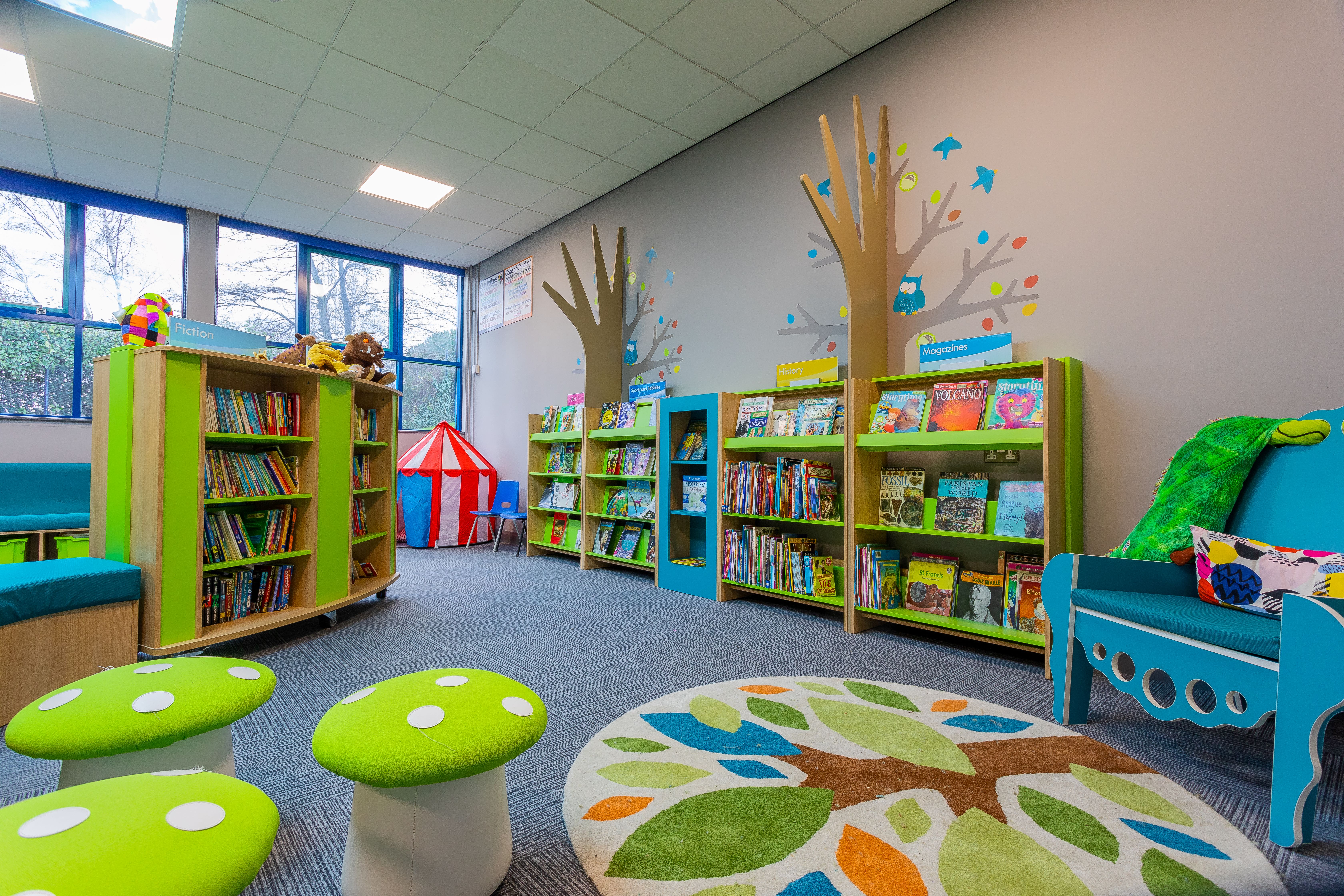
Subject Curriculum Vision
At Birley Primary Academy, we aim to engage children in sustained shared thinking about significant human questions which are addressed through different religions and worldviews. We support children to develop the understanding and skills they need to consider varied responses to these questions and develop their own views and ideas over time.
By building on from Early Years work about understanding the world, we aim to support children to develop their knowledge of different religions and understanding of different worldviews. We support them to develop the skills they need to question, debate, compare and critically assess different answers to ‘big’ human questions. We believe that the skills we equip children with at this age will enable them to go into the world as curious, independent thinkers who are able to appraise and consider any views they are exposed to.
At Birley Primary Academy, we believe that RE should be active, creative and fun. RE provides an opportunity for children to explore and test out different ideas about the world that we are living in. We believe that these opportunities should be clearly rooted in understanding about different religions. This understanding then underpins the children’s confidence to question ideas and make links to their own experiences and opinions. We believe that these opportunities and experiences provide children in our school with the understanding of why RE is relevant to their lives now and how it will continue to be relevant in the future.
We deliver RE in accordance with the Church of England Education Office’s Statement of Entitlement. Within this framework, our aims in R.E. are for pupils to:
At Birley Primary Academy, Religious Education (RE) is taught in accordance with the Lincolnshire Agreed RE Syllabus. Through R.E., our children will be able to:
Details about how Birley Primary Academy deliver our RE Curriculum can be found in the information below:
The Early Years Foundation Stage Curriculum supports children’s understanding of Religious Education through the planning and teaching of ‘Understanding the World – People, Cultures and Communities’. Children are encouraged to use their imagination and curiosity to develop their appreciation of, and wonder at, the world in which they live. Exploring others views, cultures and beliefs supports children in developing their views and beliefs about themselves, their family and community. In finding out about others, young children are encouraged to reflect on belief, culture and practice and explore religion and faith through observing festivals and celebrations, sharing non – fiction texts and reading stories from religious texts, handling artefacts, engaging in roleplay and drama based activities, and through discussions with those around them.
The children at Birley Primary Academy enjoy learning about other religions and why people choose, or choose not to follow a religion. Through their R.E learning, the children are able to make links between their own lives and those of others in their community and in the wider world, developing an understanding of other people’s cultures and ways of life. As a school, we believe that R.E is invaluable in an ever changing world.
We measure the impact of our curriculum through the following methods:
We endeavour to ensure that the sequence of content enables our children to progress whilst they are with us whilst also providing our pupils with the necessary foundations to build upon as they progress into secondary education and beyond. Further to this, as they head towards secondary education, we are proud of the fact that the ambitious RE curriculum at Birley Primary Academy plays a vital role in equipping each child with the skills and knowledge needed to take advantage of opportunities that life can offer. We aim for pupils to understand the wide range of religious beliefs in their community and how they can be respectful, inquisitive and positive members of their new school’s community.
Through our RE curriculum, we ensure that our children are well-equipped for life in modern Britain. Through purposeful subject linkage, such as using argument and discussion texts requiring children to understand different points of view and debates or through embracing literature from different world faiths and cultures, we aim for our pupils develop an excellent understanding of democracy, the rule of law, responsibility and liberty, mutual respect and tolerance of those of different faiths and beliefs.
Further to this, our English curriculum is also driven by SMSC development and this can be exemplified in the following ways;
As a result of this, pupils thrive – enjoying their lives, learning and wanting to make a difference for others.